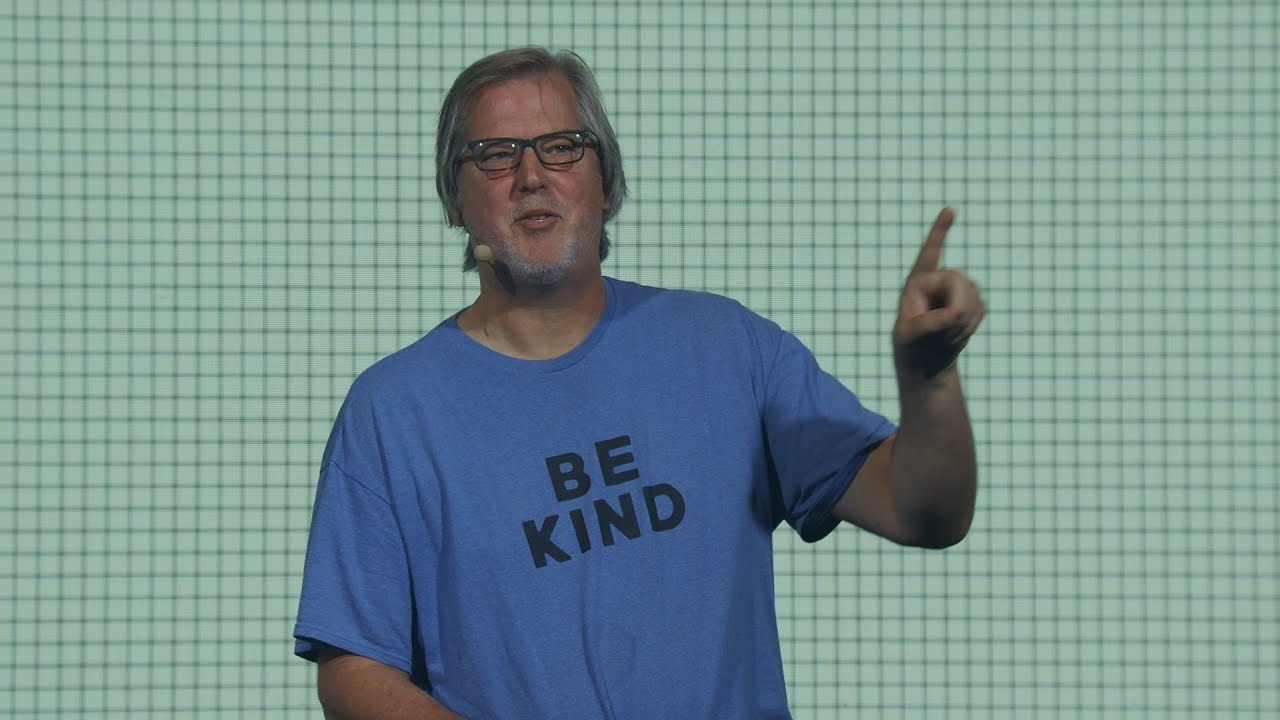On 2023-10-16, Marc Andreessen, (creator of Mosaic, the first graphical Web browser, co-founder of Netscape, and general partner of superstar venture capital firm Andreessen Horowitz) published a 5200 word document, “The Techno-Optimist Manifesto”, proclaiming technology as the root of all human progress since our species emerged from the forager lifestyle and absolutely essential to the achievement of the human destiny now and in the future, here on Earth and onward to the stars.
It begins as follows:
Lies
We are being lied to.
We are told that technology takes our jobs, reduces our wages, increases inequality, threatens our health, ruins the environment, degrades our society, corrupts our children, impairs our humanity, threatens our future, and is ever on the verge of ruining everything.
We are told to be angry, bitter, and resentful about technology.
We are told to be pessimistic.
The myth of Prometheus – in various updated forms like Frankenstein, Oppenheimer, and Terminator – haunts our nightmares.
We are told to denounce our birthright – our intelligence, our control over nature, our ability to build a better world.
We are told to be miserable about the future.
Truth
Our civilization was built on technology.
Our civilization is built on technology.
Technology is the glory of human ambition and achievement, the spearhead of progress, and the realization of our potential.
For hundreds of years, we properly glorified this – until recently.
I am here to bring the good news.
We can advance to a far superior way of living, and of being.
We have the tools, the systems, the ideas.
We have the will.
It is time, once again, to raise the technology flag.
It is time to be Techno-Optimists.
Sections discuss:
- Lies
- Truth
- Technology
- Markets
- The Techno-Capital Machine
- Intelligence
- Energy
- Abundance
- Not Utopia, But Close Enough
- Becoming Technological Supermen
- Technological Values
- The Meaning Of Life
- The Enemy
- The Future
- Patron Saints of Techno-Optimism
I agree with just about everything in this manifesto (can you guess my lone quibble?). I wish I’d written it. I wish I wrote so well. This is well worth your time to read and digest. We are engaged in a struggle for the future. Andreessen clearly identifies the enemy.
We have enemies.
Our enemies are not bad people – but rather bad ideas.
Our present society has been subjected to a mass demoralization campaign for six decades – against technology and against life – under varying names like “existential risk”, “sustainability”, “ESG”, “Sustainable Development Goals”, “social responsibility”, “stakeholder capitalism”, “Precautionary Principle”, “trust and safety”, “tech ethics”, “risk management”, “de-growth”, “the limits of growth”.
This demoralization campaign is based on bad ideas of the past – zombie ideas, many derived from Communism, disastrous then and now – that have refused to die.
Our enemy is stagnation.
Our enemy is anti-merit, anti-ambition, anti-striving, anti-achievement, anti-greatness.
Our enemy is statism, authoritarianism, collectivism, central planning, socialism.
Our enemy is bureaucracy, vetocracy, gerontocracy, blind deference to tradition.
Our enemy is corruption, regulatory capture, monopolies, cartels.
⋮
The enemy produce only stagnation, decline, and extinction. Those who know there is a better way and an unbounded future must defeat them.

